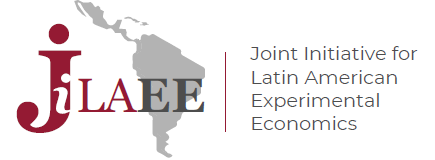ABSTRACT: Increasing the diversity of policy committees has climbed to the top of the political agenda around the world, but the economic motivations and effects of diversity in policy committees are still elusive.
In this paper, we propose a randomized control trial to test for the effects of making consumers aware of the presence of underrepresented groups in the US Fed's FOMC on the FOMC's ability to manage consumers' expectations and trust. We find that White women and African American men trust the FOMC's effectiveness more and update their unemployment expectations more in line with FOMC forecasts after being made aware of the presence of underrepresented demographic groups in the FOMC. Only African American women---who have no representation in the FOMC---do not react to awareness about (other) minorities on the FOMC. Overrepresented groups, such as White men, do not react negatively.
Our findings suggest an economic channel through which more diverse policy committee increase policy effectiveness: They can manage the expectations and trust of underrepresented consumers more effectively.

